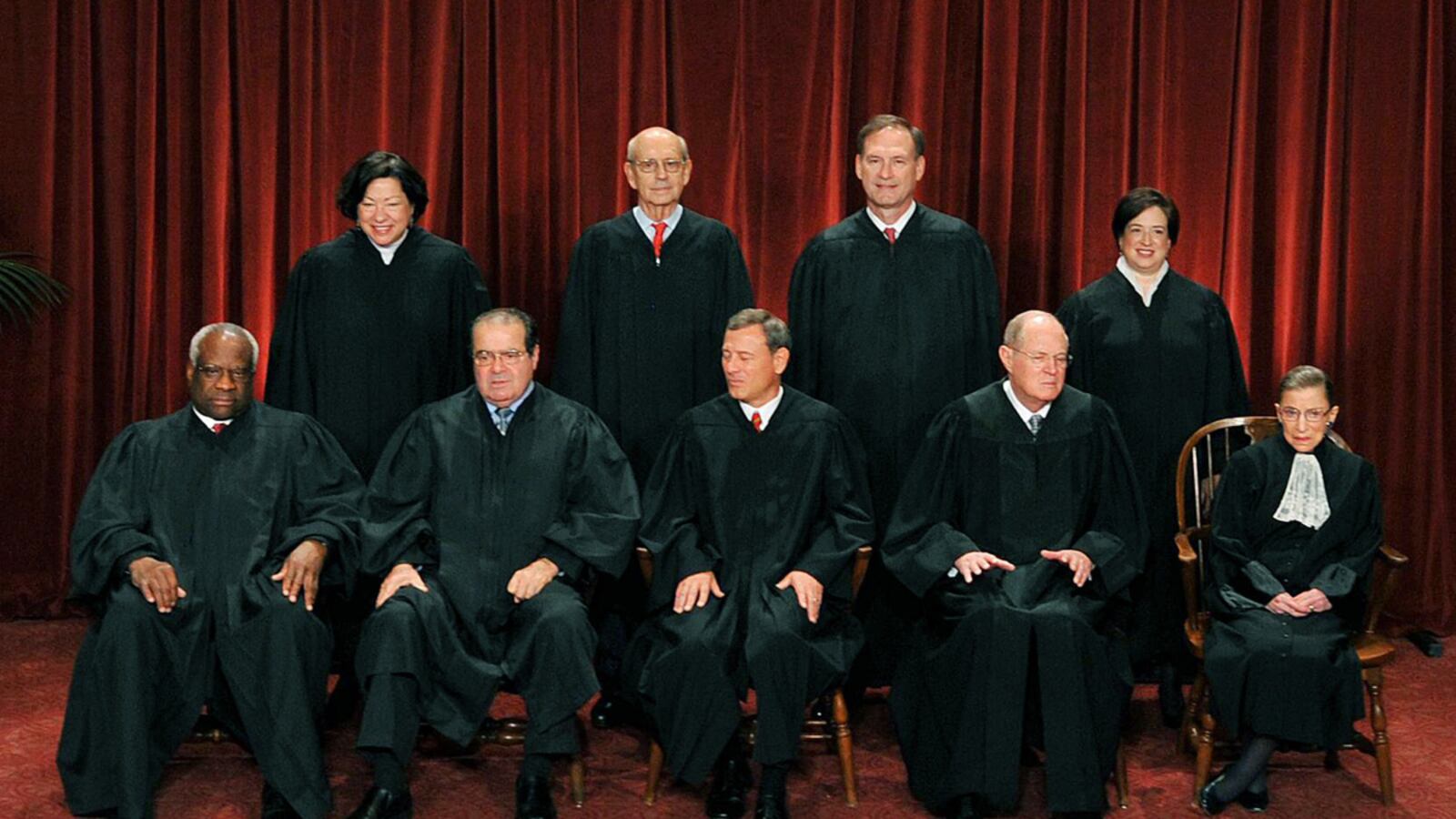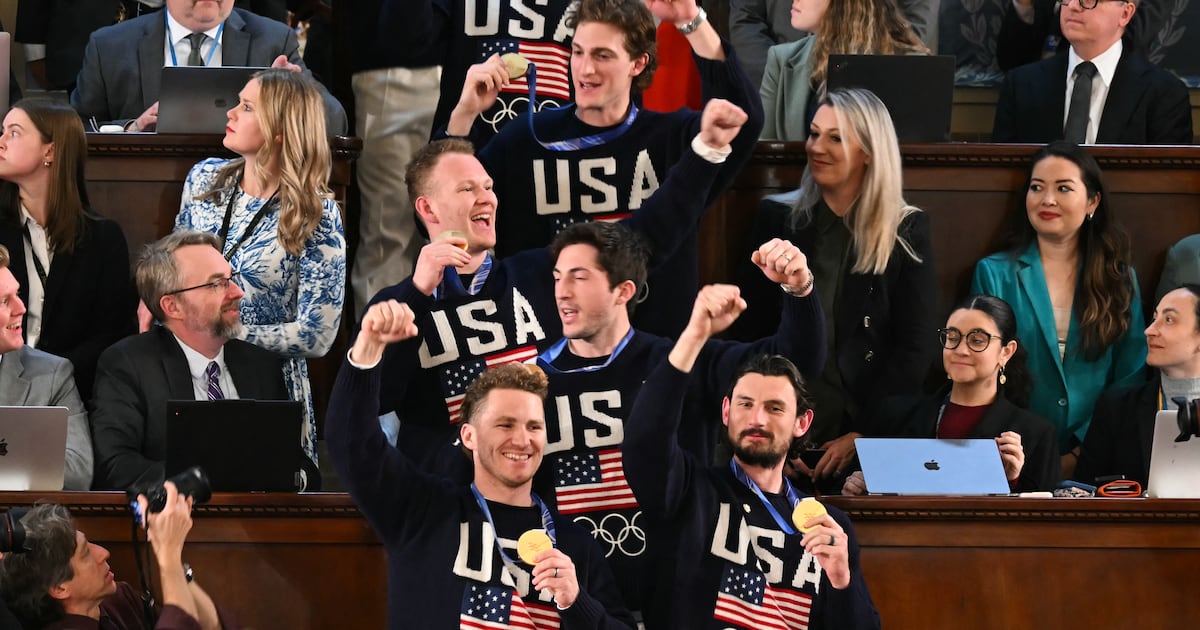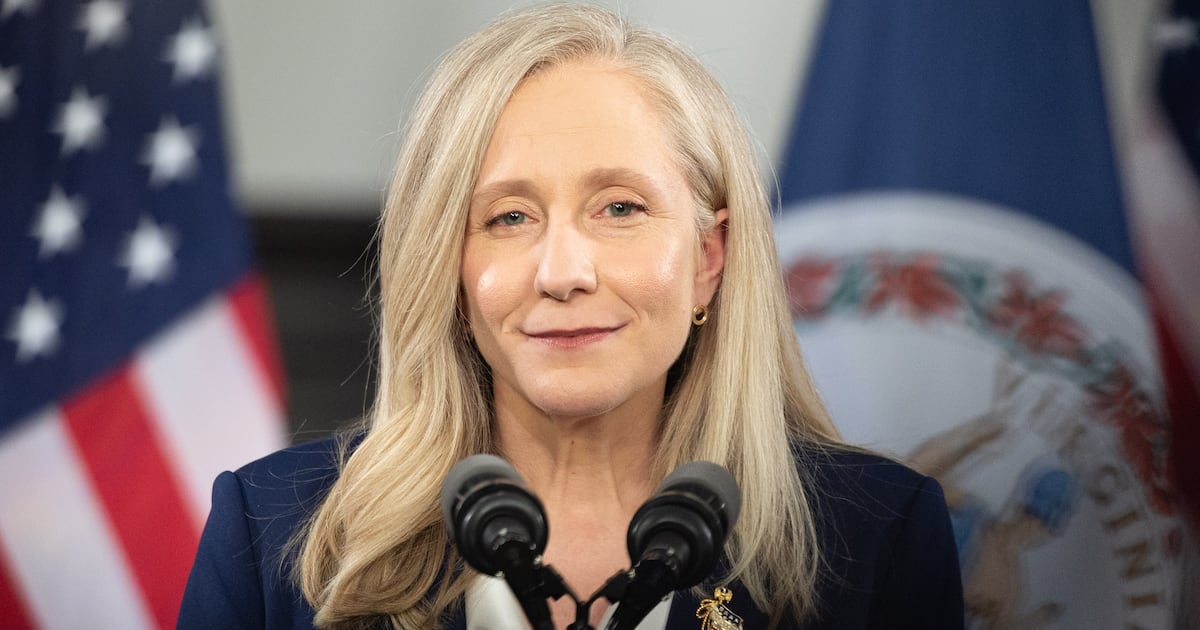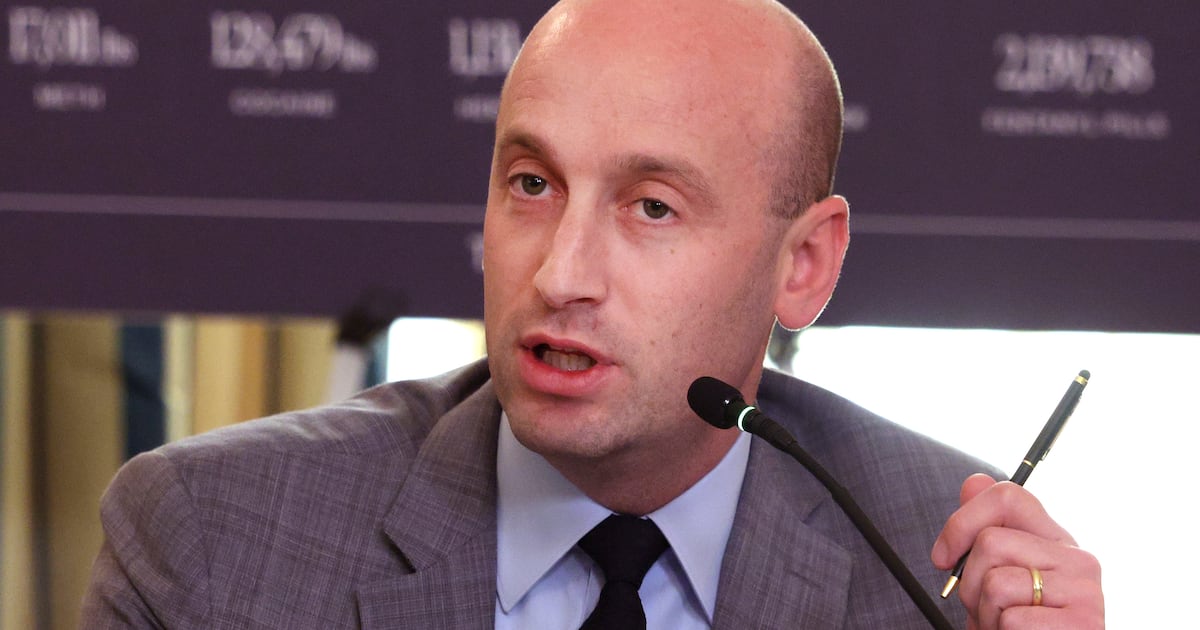Federal judges who own more than $25 of company stock are required to recuse themselves if a case comes before them that involves the company in question. If they fail to do so, they can be charged with a felony. But what about the Supreme Court? And more specifically, what about the current case involving health care? Should Supreme Court justices who own stock in health-care and pharmaceutical companies recuse themselves?
In the past, Supreme Court justices have removed themselves from certain cases. In May 2008, four justices recused themselves from considering a case that involved compensation on behalf of citizens of South Africa from more than 50 American companies that were doing business in the country. Apparently Justices Antonin Scalia, John Roberts, Stephen Breyer, and Anthony Kennedy believed that even the appearance of a remote link with any of the companies might have raised concerns.
But they are not required to do so. It is left to the discretion of the individual Supreme Court justice to decide whether a financial conflict exists.
No member of the Supreme Court has stepped aside in the health-care reform case currently before them, even though two of the justices apparently own far more than $25 in health-care-company stock. By far the biggest owner of health-care stock is Justice Stephen Breyer. Based on his 2011 disclosure filing, the latest information available, his portfolio includes holdings in Big Pharma companies like Amgen ($15,000 to $50,000), Novartis ($50,000 to $100,000) and Genzyme (up to $15,000), as well as the medical diagnostics outfit Quest Diagnostics ($50,000 to $100,000). He owns shares in Cintas Corp. ($50,000 to $100,000), which provides a variety of services to hospitals as well as Signma-Aldrich Corp. ($50,000 to $100,000), a life-sciences company involved in developing biopharmaceuticals, genome-related products, disease diagnosis, and general pharmaceutical development.

Justice Breyer also has sizable investments in companies that are positioning themselves as service contractors to deal with the regulatory requirements of the health-care-reform law, such as Automatic Data Processing ($15,000 to $50,000).
Justice Samuel Alito also owns shares in health-care stock, holding up to $45,000 in Bristol-Myers Squibb.
Did Breyer and his family sell their shares in health-care companies before oral arguments on the Obamacare case began this week?
Last year, Breyer sold his stock in Nestle so he could participate in a case involving that company. The Supreme Court Public Information Office is not saying whether a similar move was made in this case.
Does any of this matter? Would any Supreme Court justice vote based on what would benefit their portfolio? It’s hard to know. Members of the high court have well-developed legal philosophies. But isn’t it possible to conclude that personal commercial concerns might cross their minds? How does one hermetically seal off one’s own personal financial interests from decisions they are making? The reason the restriction requiring recusal was instituted in the first place was to remove any doubt that financial factors were at play.
If you believe the comments coming from the health-care industry, the pro-pharmaceutical-industry vote would be to uphold the law. Big Pharma actually campaigned for the health-care bill back in 2009. The American Hospital Association filed a brief with the Supreme Court asking the justices to uphold the law.
But the larger question is, shouldn’t Supreme Court Justices put their assets in a blind trust? They are not required to. Some, like Justice Kennedy, are conservative investors and put all their money into life-insurance policies. Others, like Justice Ruth Bader Ginsburg, invest almost exclusively in mutual funds. But there are no restrictions on Supreme Court justices. They make their own judgments about whether a conflict of interest exists.
This is a tradition in the Supreme Court. But it’s time to change it. Just as the growth of scope in government made congressional insider trading a real problem that warranted legislative reform, so too the growing scope of the court, and its ability to shape the stock valuations of companies warrants greater reform. Why not require Supreme Court justices to put their assets in a blind trust? Or at the very least to put their assets in mutual funds, not individual stocks?
Human nature being what it is, we need to recognize that personal profits can very easily influence decisionmaking by our elites, whether they are wearing a blue suit or a black robe.






